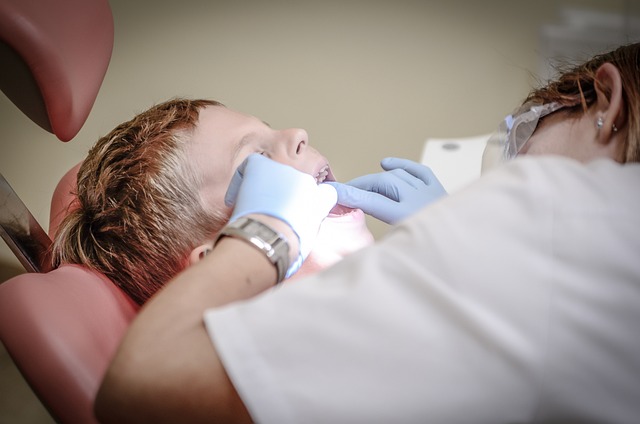Children are the most delightful gifts in our lives, bringing joy, laughter, and, sometimes, a few challenges. As parents, we strive to keep our little ones healthy and happy, and two vital aspects of their well-being are often at the forefront of our minds: allergies and oral health.
While allergies are commonly associated with sneezing, itching, and other typical symptoms, their impact on oral health is often overlooked. In this article, we will explore the connection between allergies and oral health in children, understanding how these two seemingly unrelated issues can intertwine.
Understanding Allergies
Allergies, while commonly manifesting as sneezes, rashes, or watery eyes, have a less known yet significant impact on a child’s oral health. Essentially, allergies are the body’s heightened response to typically harmless substances, from pollen to certain foods. The resultant immune reaction, often marked by the release of histamines, can lead to a cascade of symptoms, some of which have a direct bearing on oral health.
Junior Smiles of Stafford, a reputed pediatric dentist in Woodbridge, VA, excels in providing holistic care, considering the broad spectrum of factors, including allergies, that might influence a child’s oral well-being. By recognizing and acting on these connections, parents can help their children maintain robust oral health, even amidst the challenges of allergy seasons.
Oral Health in Children
Oral health is a vital component of general health. A healthy mouth is necessary for appropriate speech development, food chewing, and general well-being. Poor dental hygiene can cause problems like cavities and gum disease, as well as impact a child’s self-esteem.
Children’s standard oral hygiene procedures include brushing their teeth at least twice daily, flossing frequently, and visiting the dentist for checkups. A balanced diet with few sugary snacks and drinks is also essential to keep healthy teeth and gums.
The Allergy-Oral Health Connection
Now that we have a clear understanding of allergies and oral health let’s explore the connection between the two and how they can influence each other.
Oral Symptoms of Allergic Reactions
When a child experiences an allergic reaction, it can lead to various oral symptoms. These symptoms may include:
Swollen Lips or Tongue
The lips or tongue can swell in response to specific food allergies or insect stings. It is crucial to monitor such symptoms closely, as severe swelling can lead to breathing difficulties.
Mouth Breathing
Nasal congestion due to allergies may force children to breathe through their mouths. Prolonged mouth breathing can dry the mouth, reducing saliva flow, vital in neutralizing acid and preventing cavities.
Canker Sores
Allergic reactions can sometimes trigger the development of canker sores in the mouth. These painful, round sores can make eating and speaking uncomfortable for children.
Oral Health Impacting Allergies
Oral health can also influence the severity of allergies in children, albeit indirectly. The presence of certain oral conditions may exacerbate allergic reactions:
Gum Disease
Poor oral hygiene can lead to gum disease, causing inflammation and bleeding. This oral inflammation may increase overall inflammation, worsening allergic reactions.
Oral Bacteria
Inadequate oral hygiene can lead to an accumulation of harmful bacteria in the mouth. Some studies suggest that certain oral bacteria may contribute to an increased risk of developing or worsening existing allergies.
Medications and Oral Health
Many children with allergies rely on medications to manage their symptoms. While these medications can be effective, some can have side effects that impact oral health:
Antihistamines
Antihistamines are commonly used to relieve allergy symptoms like sneezing and itching. However, they can also cause dry mouth as a side effect. Saliva is vital in protecting teeth from decay, and reduced saliva flow can increase the risk of cavities.
Inhaled Corticosteroids
Children with seasonal allergies or asthma may use inhaled corticosteroids to reduce inflammation in the airways. Rinsing the mouth after using these medications is essential, as they can lead to oral thrush or other fungal infections if left unattended.
Maintaining Oral Health in Allergic Children
Ensuring good oral health practices in children with allergies is essential to minimize any potential impact on their oral health and overall well-being:
Regular Dental Check-ups
Schedule regular dental check-ups for your child, ideally every six months. These visits allow the dentist to monitor their oral health and catch any issues early on.
Oral Hygiene
Encourage your child to brush their teeth twice daily using fluoride toothpaste and floss regularly. These simple habits help prevent cavities and gum disease.
Final Thoughts
We must take preventative measures to maintain proper dental hygiene routines and monitor allergic reactions for our children’s well-being. We may improve our children’s general health and happiness by comprehending and resolving the connection between allergies and oral health.










